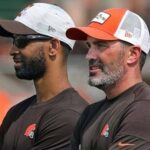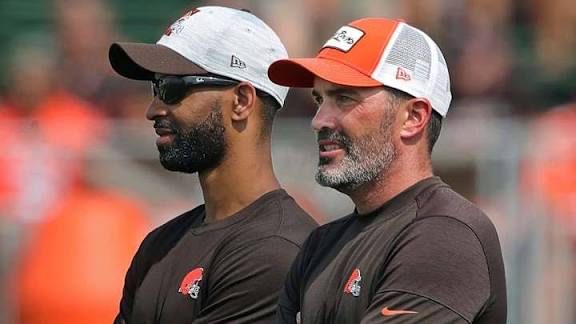Bird acknowledged that he was struggling while chasing his third consecutive MVP award.
For many, the 1985-86 campaign was a redemption campaign for the Boston Celtics as they eventually went on to win their third NBA championship in six years after losing in the previous NBA finals against the LA Lakers. However, for Larry Bird, who entered that season as the two-time reigning MVP, it proved to be a challenging period. Not only did the 6’8″ forward begin the season plagued by back issues, but it also manifested in a noticeable decline in his efficiency and scoring average.
Bird acknowledged his struggles
The Indiana native’s struggles were particularly evident in the first quarter of the season. Despite the Celtics winning 20 of their first 25 games, Bird’s individual performance wasn’t at his best. His scoring average had dropped to 23.2 points per game, a substantial 5.5-point decrease from the last season. Moreover, his field goal percentage had plummeted from 52.2% to 44.9%.
Acknowledging his difficulties, the 12-time All-Star unhesitantly admitted that he did not possess the same natural abilities as some of his peers. But emphasized how hard he was working to be back at his most lethal.
“There’s no question that I’m struggling,” Bird said. “I know I’m missing layups and baskets underneath that I normally hit. But I’ve had to work hard at my game. I don’t have the skills that a lot of other players do. I have to go out and shoot that extra hour. I got to go out and run the extra hour. I have to go out and work on my foot movement. I can’t jump like some other guys do. I can’t run like some players. And if I miss 4-5 months of that, I’m behind some players no matter if I was MVP.”
Larry Bird got back to his best
Post the All-Star break, Bird showcased his remarkable resurgence, validating his status as the league’s best player. His stats improved across all fronts, averaging 27.7 points, 10.2 rebounds, and 7.4 assists. Furthermore, his field goal percentage also dramatically increased from 46.4% to 53.7%, boasting an impressive offensive rating of 124 in that period.
More impressively, Bird showed his true metal in the playoffs. Despite enduring immense pain in his back, Larry averaged 42.8 minutes per game. He led the Celtics with his averages of 25.9 points, 9.3 rebounds, and 8.2 assists in the postseason to ensure that he didn’t just win his third consecutive regular-season MVP award and his second Finals MVP honor in three years.
It’s safe to say that what set Bird apart was that rather than obfuscating his struggles, he confronted them directly and overcame them to reassert himself as the best player in the association.


